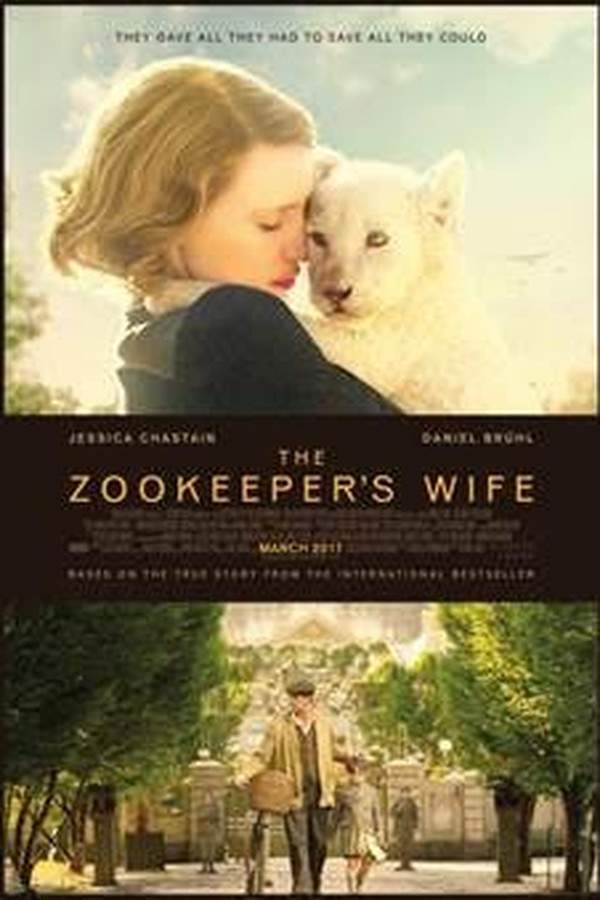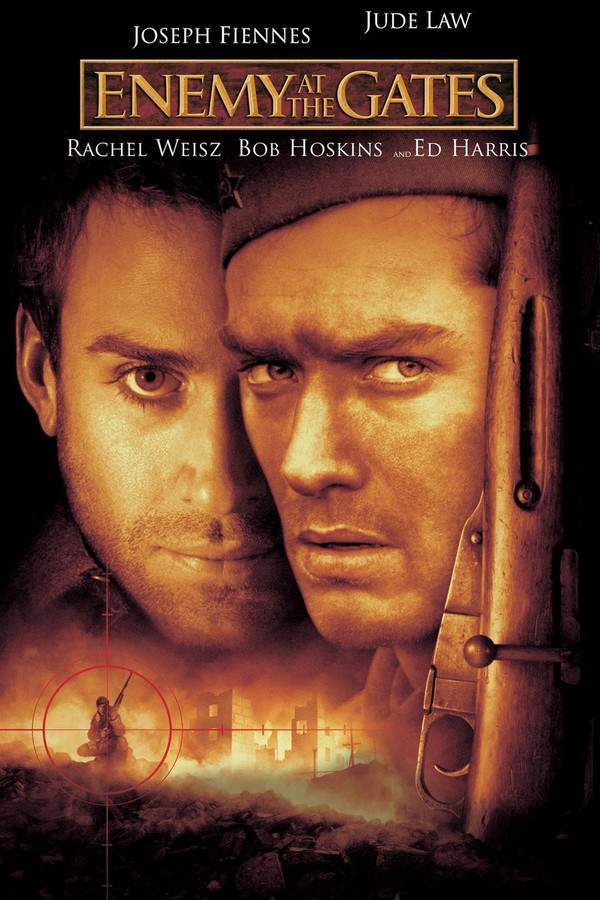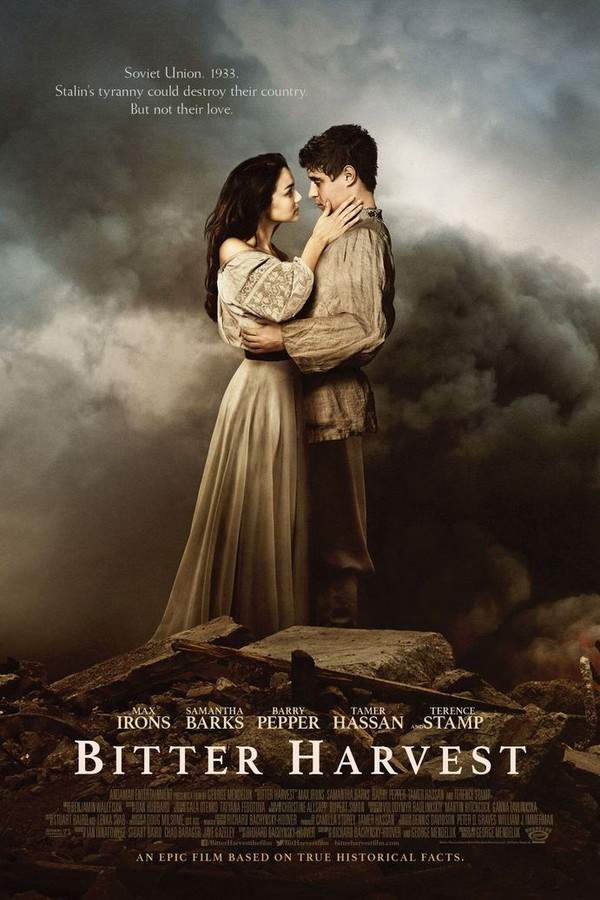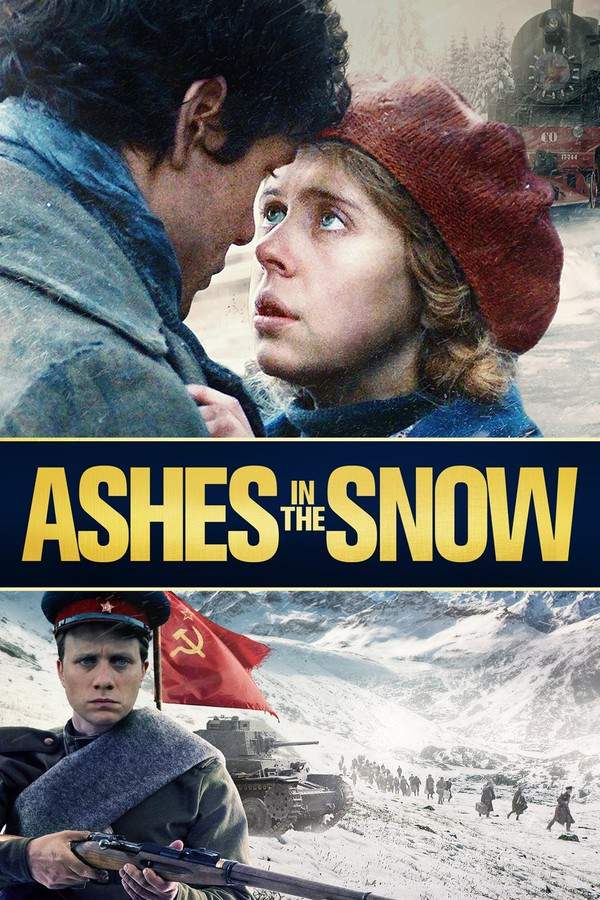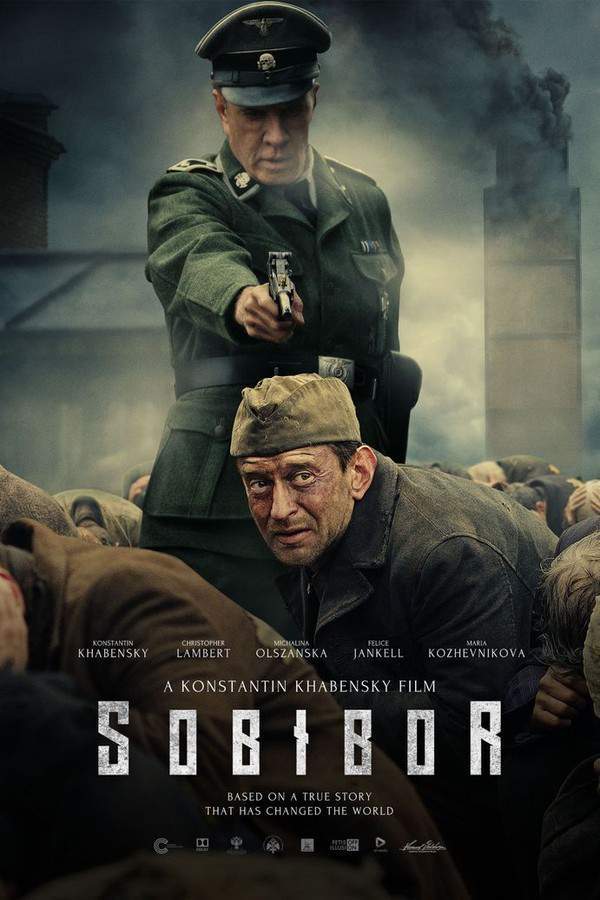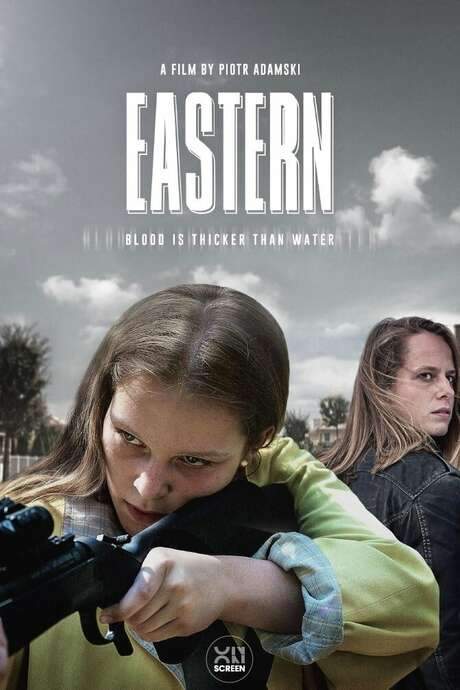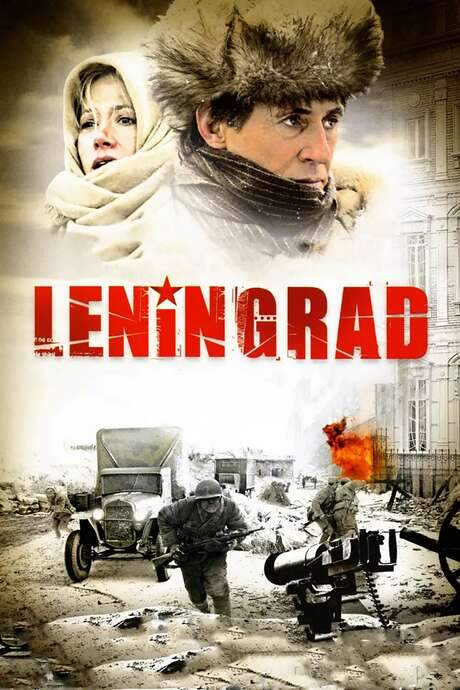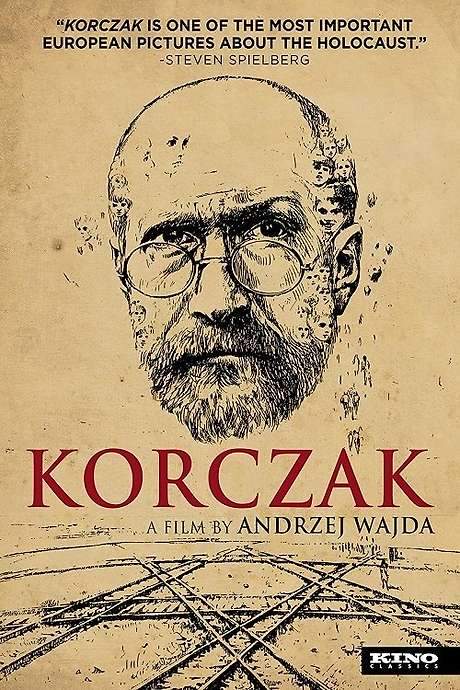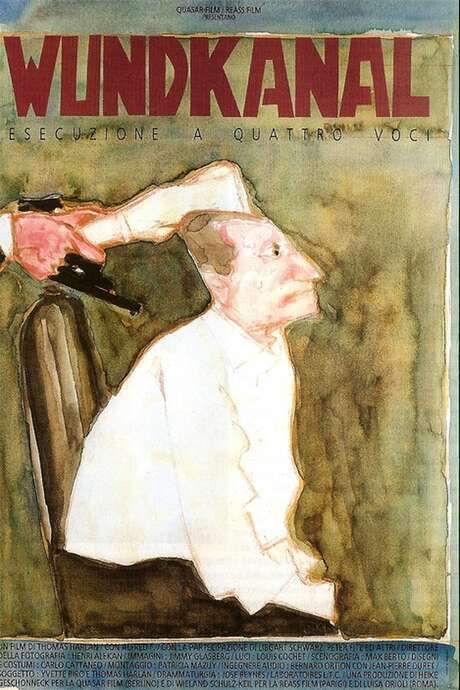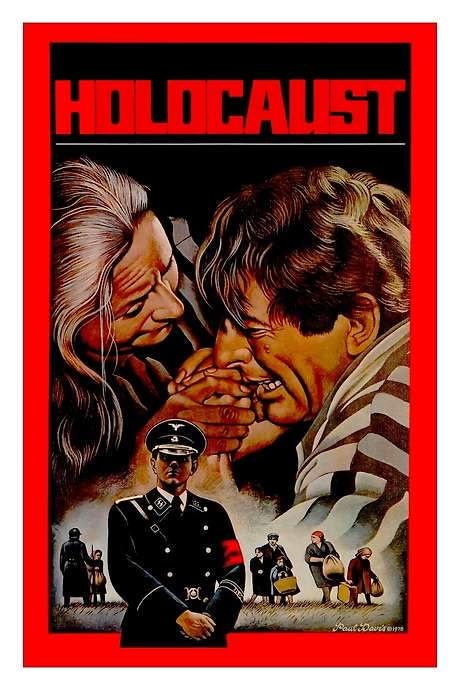Katyn 2009
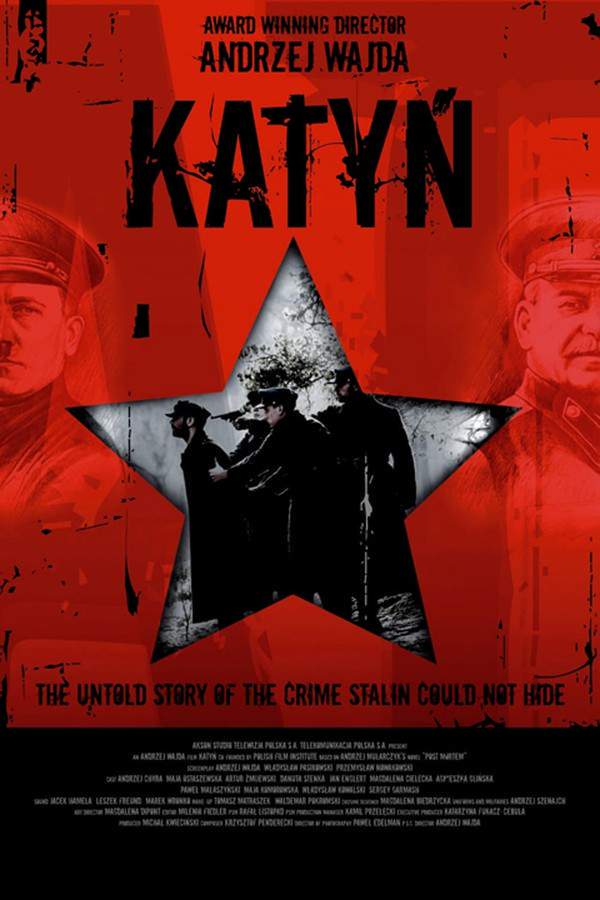
During World War II, Soviet forces carry out a mass execution of Polish military officers in the Katyn Forest. Lieutenant Jerzy and his wife, Anna, find themselves caught in the midst of the atrocities and the subsequent cover-up. As they struggle to survive, they are forced to confront the harsh realities of war and the manipulative propaganda used to conceal the truth and erase the memory of the victims.
Does Katyn have end credit scenes?
No!
Katyn does not have end credit scenes. You can leave when the credits roll.
Meet the Full Cast and Actors of Katyn
Explore the complete cast of Katyn, including both lead and supporting actors. Learn who plays each character, discover their past roles and achievements, and find out what makes this ensemble cast stand out in the world of film and television.
No actors found
External Links and Streaming Options
Discover where to watch Katyn online, including streaming platforms, rental options, and official sources. Compare reviews, ratings, and in-depth movie information across sites like IMDb, TMDb, Wikipedia or Rotten Tomatoes.
Ratings and Reviews for Katyn
See how Katyn is rated across major platforms like IMDb, Metacritic, and TMDb. Compare audience scores and critic reviews to understand where Katyn stands among top-rated movies in its genre.

81
Metascore
6.7
User Score


91%
TOMATOMETER

75%
User Score

7.0 /10
IMDb Rating
Take the Ultimate Katyn Movie Quiz
Challenge your knowledge of Katyn with this fun and interactive movie quiz. Test yourself on key plot points, iconic characters, hidden details, and memorable moments to see how well you really know the film.
Katyn Quiz: The Echoes of War: Test your knowledge about the harrowing story and characters in 'Katyn'.
Who is the main female protagonist in 'Katyn'?
Anna
Weronika
Maja
Jerzy
Show hint
Awards & Nominations for Katyn
Discover all the awards and nominations received by Katyn, from Oscars to film festival honors. Learn how Katyn and its cast and crew have been recognized by critics and the industry alike.
80th Academy Awards 2008
Foreign Language Film
Full Plot Summary and Ending Explained for Katyn
Read the complete plot summary of Katyn, including all major events, twists, and the full ending explained in detail. Explore key characters, themes, hidden meanings, and everything you need to understand the story from beginning to end.
Katyn poignantly depicts the catastrophic fate suffered by a generation, spotlighting the harrowing journey of four Polish families as World War II unfolds. The film recounts the struggles faced by many Polish soldiers—fathers, husbands, and brothers—who find themselves in the clutches of Soviet forces, subsequently falling victim to the brutal realities of Stalinism. Furthermore, it delves into the complex position of Poland during and after the war.
The narrative unfolds primarily through the eyes of the women—the mothers, wives, and daughters—of the men executed under Stalin’s orders by the NKVD in 1940. Among the central characters is Andrzej, portrayed by Artur Zmijewski, a young captain in the Uhlan light cavalry regiment, who meticulously documents his experiences in a diary. Captured by the Soviet Army, Andrzej faces a cruel separation from his fellow soldiers, as enlisted men are permitted to return home while officers remain behind.
Before he is taken away to the USSR, his devoted wife Anna (Maja Ostaszewska) and their daughter Weronika (“Nika,” played by Wiktoria Gsiewska) manage to find him. Offered a chance for escape, Andrzej steadfastly declines, adhering to his loyalty to the Polish military.
As the plot develops, Andrzej endures life in a prisoner of war camp, where he continues to write in his diary, accurately chronicling the names and fates of fellow officers taken from the camp. As winter settles in, he struggles with the harsh cold, receiving an extra sweater from his fellow prisoner Jerzy (Andrzej Chyra), who shows his kindness. Regrettably, it becomes Andrzej’s turn to leave the camp while Jerzy stays behind.
The story then accelerates to the post-WWII era, where Anna and her daughter anxiously await news of Andrzej. They hear reports about the Katyn massacre that list numerous victims’ names, yet Andrzej’s name is regrettably absent, igniting a glimmer of hope in their hearts. Meanwhile, Jerzy, now a soldier in the newly established People’s Army of Poland (LWP), retains a deep sense of loyalty to his comrades and the country, thus he visits Anna and her daughter with disturbing news: Andrzej was misidentified as Jerzy due to the sweater incident, leading to the devastating revelation that Andrzej was the one killed.
Amidst efforts by some determined individuals to unveil the truth behind the Soviet responsibility for the massacre, Andrzej’s diary ultimately finds its way to Anna. This precious document reveals the critical date in 1940 when he was murdered, marking a pivotal point in attributing guilt. The closing moments of the film recreate portions of the tragic massacre, bringing forth a haunting yet important remembrance of this grave historical event.
Uncover the Details: Timeline, Characters, Themes, and Beyond!

Coming soon on iOS and Android
The Plot Explained Mobile App
From blockbusters to hidden gems — dive into movie stories anytime, anywhere. Save your favorites, discover plots faster, and never miss a twist again.
Sign up to be the first to know when we launch. Your email stays private — always.
Discover Film Music Concerts Near You – Live Orchestras Performing Iconic Movie Soundtracks
Immerse yourself in the magic of cinema with live orchestral performances of your favorite film scores. From sweeping Hollywood blockbusters and animated classics to epic fantasy soundtracks, our curated listings connect you to upcoming film music events worldwide.
Explore concert film screenings paired with full orchestra concerts, read detailed event information, and secure your tickets for unforgettable evenings celebrating legendary composers like John Williams, Hans Zimmer, and more.


Katyn Themes and Keywords
Discover the central themes, ideas, and keywords that define the movie’s story, tone, and message. Analyze the film’s deeper meanings, genre influences, and recurring concepts.

Unlock the World of Movies with Our Comprehensive Wiki
Dive into our Movie Wiki for in-depth film encyclopedia entries, including cast biographies, production trivia, plot synopses, behind-the-scenes facts, and thematic analyses. Whether you’re researching iconic directors, exploring genre histories, or discovering hidden easter eggs, our expertly curated movie database has everything you need to fuel your cinematic passion.

Similar Movies To Katyn You Should Know About
Browse a curated list of movies similar in genre, tone, characters, or story structure. Discover new titles like the one you're watching, perfect for fans of related plots, vibes, or cinematic styles.
Quick Links: Summary, Cast, Ratings, More

What's After the Movie?
Not sure whether to stay after the credits? Find out!
Explore Our Movie Platform
New Movie Releases (2026)
Famous Movie Actors
Top Film Production Studios
Movie Plot Summaries & Endings
Major Movie Awards & Winners
Best Concert Films & Music Documentaries
Movie Collections and Curated Lists
© 2026 What's After the Movie. All rights reserved.










